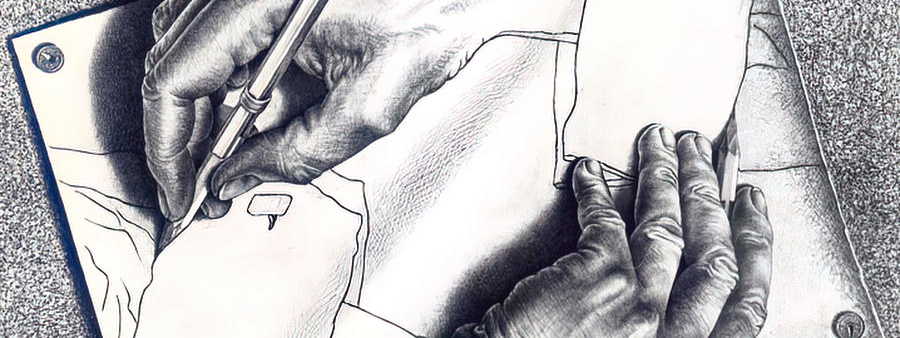BIT-101
Bill Gates touched my MacBook Pro

When I say “edit” here, I mean “to change from the original.”
If I write the following sentence:
This sentence has been edited.
It is false. I wrote the sentence and didn’t edit it. OK, so I fix the sentence to make it true:
This sentence has not been edited.
But now I’ve edited it. So it’s still false!
There are many of these self-referential statement paradoxes, like “This sentence is false.” I haven’t seen this one around, but wouldn’t be suprised if someone has used it before.
If I write the first sentence and underneath it I write the second sentence, than the first one is false and in this case the second one is true because they are two different sentences.
What if I write the first sentence, then delete it and write the second one? Is that a new sentence or an edited version of the first one?
What if I write the first sentence and then delete that document and write the second one? Or write the first on a piece of paper, then throw that paper away and write the second sentence on another paper. That feels like a new document, not an edited one.
But what if I wrote a paragraph or essay that contained the first sentence, then deleted the doc and started a new one that was word-for-word the same except it contained the second sentence instead of the first? That feels edited.
Now we’re into the nature of identity. Is the same sentence written twice the same sentence? Is an edited sentence just a different version of the original, or is it a new sentence? Ship of Theseus stuff.